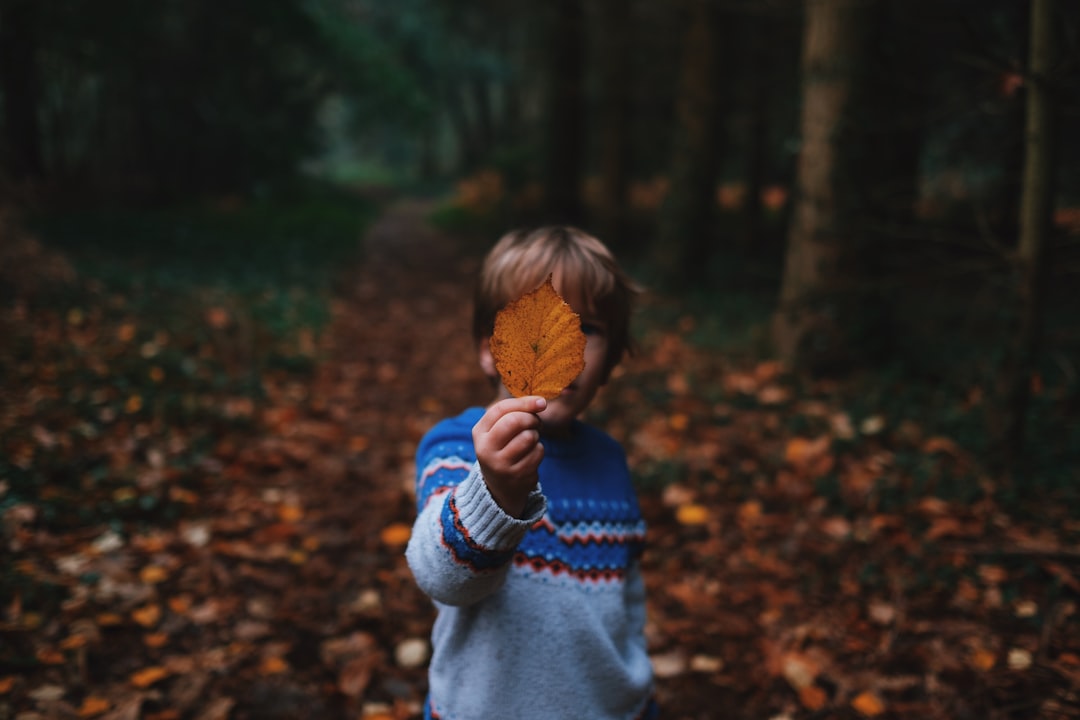
If you care about the future of planet Earth, should you forgo having children? If you do have children, are you consigning them to an apocalyptic future in a burning, flooding hellscape?
Last week, Ezra Klein tried to answer those questions in a column that basically concludes that parents (or potential parents) shouldn’t worry too much about how their children will fare in a future world ravaged by climate change, because human beings acclimate to awful conditions pretty quickly; because climate change is a problem better solved by politics than personal reproductive decision-making; and because children are potential change agents who can solve some of these problems.
It’s a good column, and makes an excellent affirmative case for having children despite climate concerns — because truly, if you deeply want to have a child, you should probably have one even if you are also concerned about wellbeing of the planet. But I’ll be honest that I don’t find the “children are hope for the future” argument all that compelling. Climate change is a major crisis; the decision whether or not to have children, or how many to have, or in what conditions to have and raise them, is not simply a personal matter but one with broad social consequences — and at the very least, a matter with direct and significant consequences on your offspring, who are in fact entities separate from you.
We could have a more honest conversation about reproduction, population, and climate, and it wouldn’t make anyone feel very good, but it would go something like this: It is true that having children is one of the worst things you can do for the planet; according to one analysis, “Having a child is 7-times worse for the climate in CO2 emissions annually than the next 10 most discussed mitigants that individuals can do.” The more children you have (if you’re a person in the US), the bigger the problem. It’s also true that the children of the global wealthy and privileged — a category that probably includes most readers of Ezra Klein’s columns and of this newsletter — will probably be fine even in a world ravaged by climate change, while the children of people toward the bottom of the global food chain will the be ones living with, or dying from, our growing climate disaster. That does in fact make the decision of whether or not to have children a morally complicated one for people who care both about the planet and about the other people on it.
It can still be morally justifiable to bring a child into the world despite knowing that said child will, by its very existence (particularly in the wealthy and developed world, and particularly in the US) contribute to the destruction of the planet.
What I’m not sure is morally justifiable is exculpating ourselves from the outcome of our personal desires and decisions — convincing ourselves, for example, that having a child in the face of climate change isn’t just morally justifiable, but unequivocally morally good because children represent hope and who knows, you could be giving birth to Greta Thunburg (you could also be giving birth to the future CEO of ExxonMobile). When it comes to questions of climate and childbearing, we can let it be complicated; we shouldn’t fear is digging into that moral messiness simply because it’s uncomfortable, and because it forces us to balance our deepest desires against our idea of ourselves as good people. That is the work of being a person in the world.
Keep reading with a 7-day free trial
Subscribe to Jill Filipovic to keep reading this post and get 7 days of free access to the full post archives.

